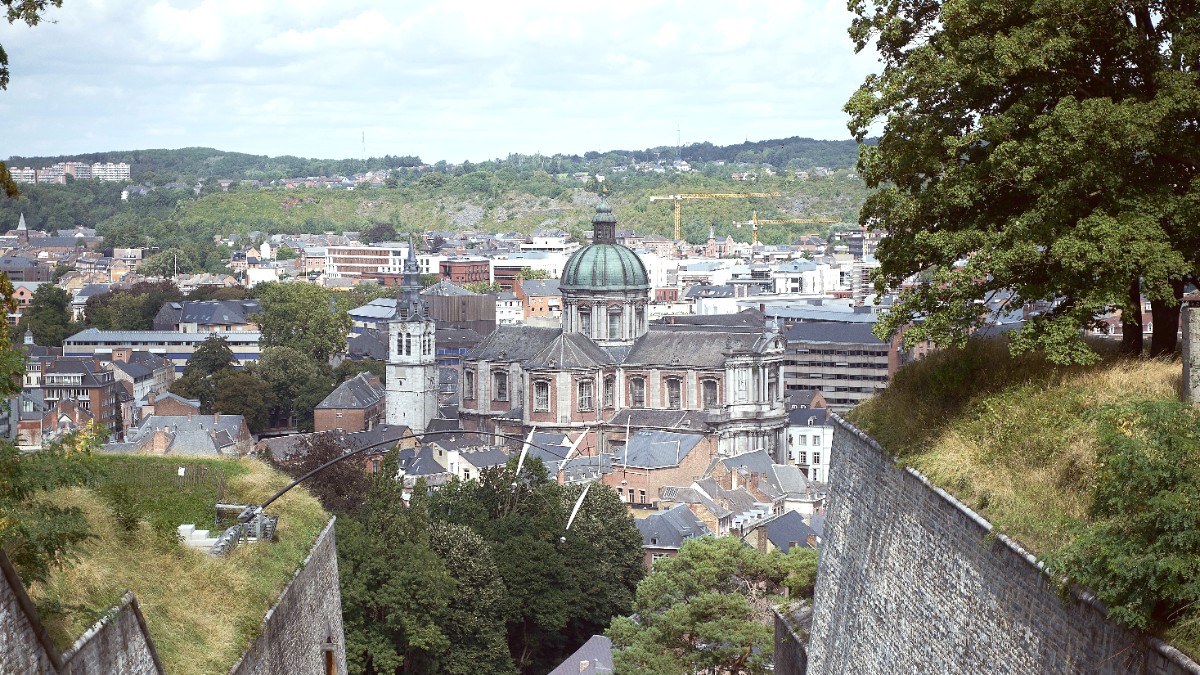
Wallonia, Belgium
This application navigates Namur's public transport system (buses). It features real-time schedules, route planning, and ticket information.
Belgium's official railway app supports planning and purchasing train tickets for intercity travel within Belgium.
These apps offer comprehensive navigation for walking, cycling, driving, and public transport within Namur and the surrounding region.
A tool for overcoming language barriers, with text, voice, and camera translation, including offline use.
These are helpful for finding and managing accommodation reservations.
Official tourism site for Wallonia, with general information, itineraries, and events: Walloniabelgiumtourism.co.uk
Official tourism site for Namur, with detailed information on attractions, events, and practicalities: Visit.namur.be/en
For all train travel information within Belgium: Belgiantrain.be/en
For bus schedules and routes in Namur and across Wallonia: Infotec.be/en-us/home.aspx
Official site for the Citadel cable car, with operating hours and ticket prices: Telepherique.namur.be
A general guidebook covering Belgium, or one specific to Wallonia, offers comprehensive overviews, maps, and practical advice. Obtain a detailed physical map of Namur from the tourist office on arrival.
At the Namur tourist office, find free maps, brochures, and local event listings. These highlight current exhibitions, festivals, and activities.
Explore local history books or novels set in Wallonia or Belgium for a cultural context.
Carry a small first aid kit for minor scrapes or ailments. Include pain relievers and bandages.
Bring sufficient quantities of any prescription medication, with a copy of your prescription.
Follow local health guidelines and recommendations during your visit.
It is strongly suggested to acquire comprehensive travel insurance before your trip. This may cover medical emergencies, trip cancellations, and lost luggage.
Follow the official Visit Namur Instagram for inspiring photos and updates.
Check the Wallonia tourism Facebook page for broader regional information.
Search for #Namur or #VisitNamur on social media for user-generated content.
These forums offer reviews and answers to common travel questions.
Subreddits like r/Belgium, r/Wallonia, or r/travel provide practical advice and local insights.
Do not hesitate to ask questions on these platforms for specific recommendations.
Find documentaries on Belgian history, specifically Wallonia, or its role in the World Wars. These create background information.
Search for podcasts focusing on Belgian culture, history, or travel in the Wallonia region. These supply interesting insights.
Explore Belgian classical music, jazz, or modern artists. Familiarize yourself with Belgian comic art, an outstanding cultural contribution.
Download relevant apps and explore official websites before your trip. These digital resources contribute to smoother travels and richer experiences.